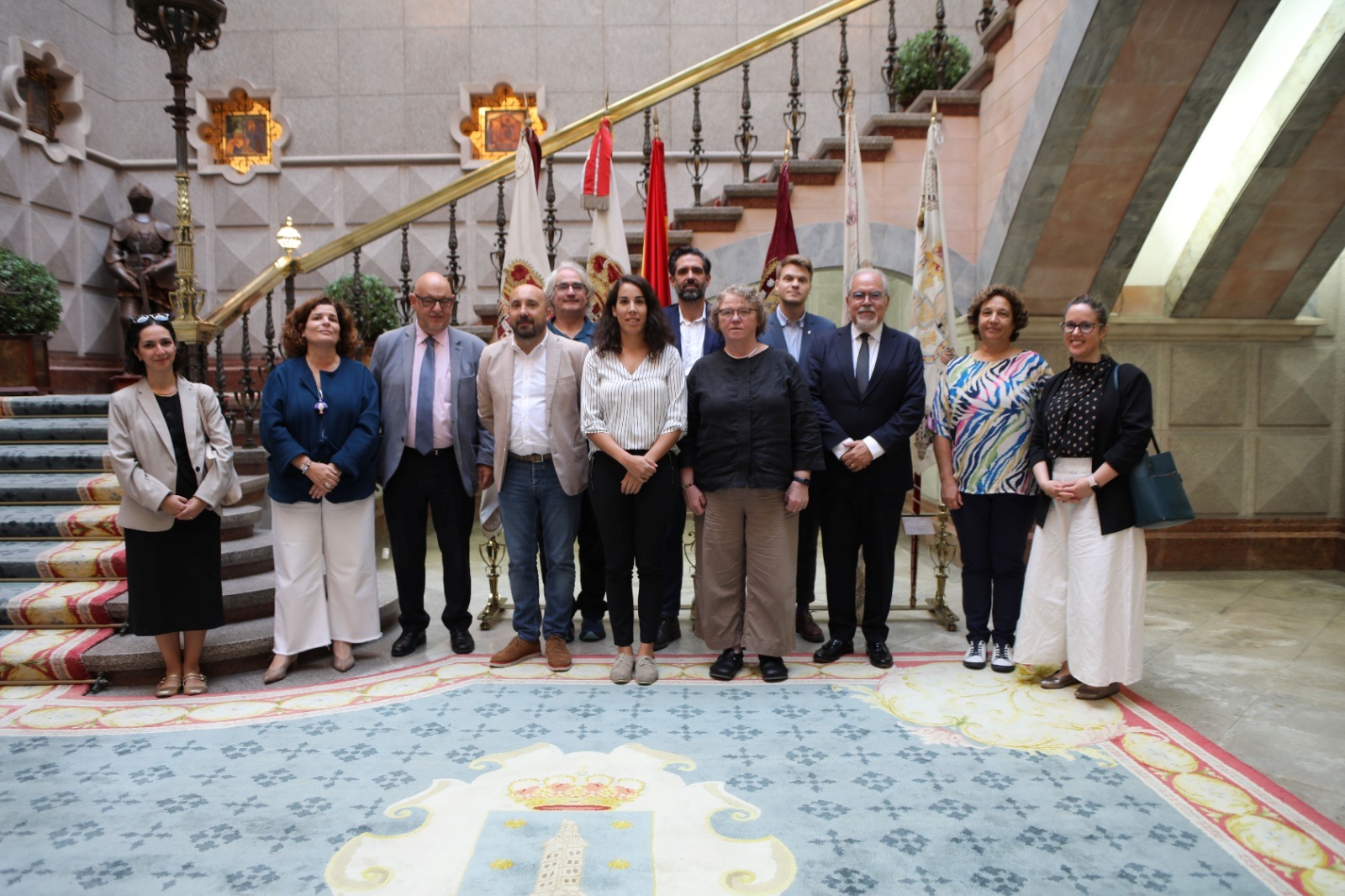SHARE

The launch of the European project Atlantic Bridges took place this week, on October 15 and 16, in A Coruña, Spain. This initiative aims to promote an innovative model of sustainable urban development in coastal cities across the Atlantic area, integrating the sea into urban planning and strengthening the port-city relationship.
Coordinated by Eixo Atlântico and co-financed by the Interreg Atlantic Area Programme, the project adopts a collaborative approach, involving public administration, the business sector, academia, and civil society — the four pillars of the so-called “quadruple helix” — to create more resilient, sustainable, and inclusive territories.
With a three-year duration, Atlantic Bridges seeks to address key challenges faced by coastal cities — such as urban growth, climate change, and social cohesion — through the so-called triple transition: ecological, economic, and social. By 2028, the project aims to foster cooperation among Atlantic territories, promote knowledge sharing, and implement solutions that will turn coastal cities into laboratories of sustainability, innovation, and social inclusion.
Figueira da Foz will be one of the study regions, reinforcing the commitment of both Port Authorities to port-city integration, urban regeneration, sustainable tourism, and the development of the blue economy, contributing to the enhancement of the territory.
The consortium partners are Eixo Atlântico (as coordinating entity), Les Sables-d’Olonne (France), Atlantic Technological University (Ireland), EM Normandie (France), and the Ports of Aveiro and Figueira da Foz (Portugal).
Representing the Ports of Aveiro and Figueira da Foz were Maria Manuel Cruz, Head of the Environment Department, and Sofia Ventura, from the Strategy Department.